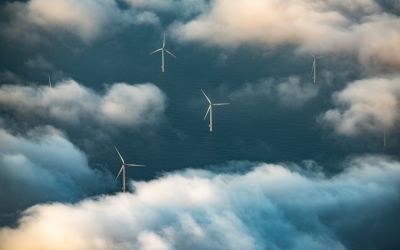G8 aims to halve greenhouse gases
World leaders say they will aim to set a global target of cutting carbon emissions by at least 50% by 2050 in an effort to tackle global warming.
World leaders say they will aim to set a global target of cutting carbon emissions by at least 50% by 2050 in an effort to tackle global warming.
Japan's Prime Minister Yasuo Fukuda, who is hosting a summit of the Group of Eight most industrialised nations, made the announcement after all-night talks.
It strengthens last year's G8 pledge to "seriously consider" the cuts.
The leaders have also expressed serious concerns about the threat posed to the global economy by soaring oil prices.
In their annual assessment of the global economy, the leaders said they remained positive about the long-term resilience of their economies, so long as countries resisted the introduction of trade barriers.
The BBC's Bridget Kendall, who is at the summit, says no explanation was offered for the underlying causes of high oil and food prices, nor concrete solutions given on how to lower them.
'Progress'
The summit is taking place in Toyako, on the Japanese island of Hokkaido.
Leaders from the G8 nations - Britain, Canada, France, Germany, Italy, Japan, Russia and the United States - are being joined by counterparts from some 15 other countries.
BBC map
G8 summit: The key issues
Japanese island locks down
In pictures: G8 protests
The G8 statement repeats the leaders' common vision to reach the target of cutting emissions by at least 50% by 2050 - but adds that they hope to bring on board the nearly 200 other UN member states who have signed up to the climate change convention.
It also acknowledges that to make progress, G8 countries have to take the lead through ambitious mid-term goals and national plans to achieve their aim.
The document also meets US concern that real progress only makes sense if it is global.
Climate change has been one of the stickiest issues tackled by the G8 leaders, with divisions over what targets should be set and what would be expected of developing countries.
'No guarantees'
An unnamed US official said the agreement represented "substantial progress".
The BBC website's environment correspondent, Richard Black, says the US has moved a certain amount by agreeing that a long-term concrete target is desirable.
Read full story on the BBC News website
Source: BBC News website






